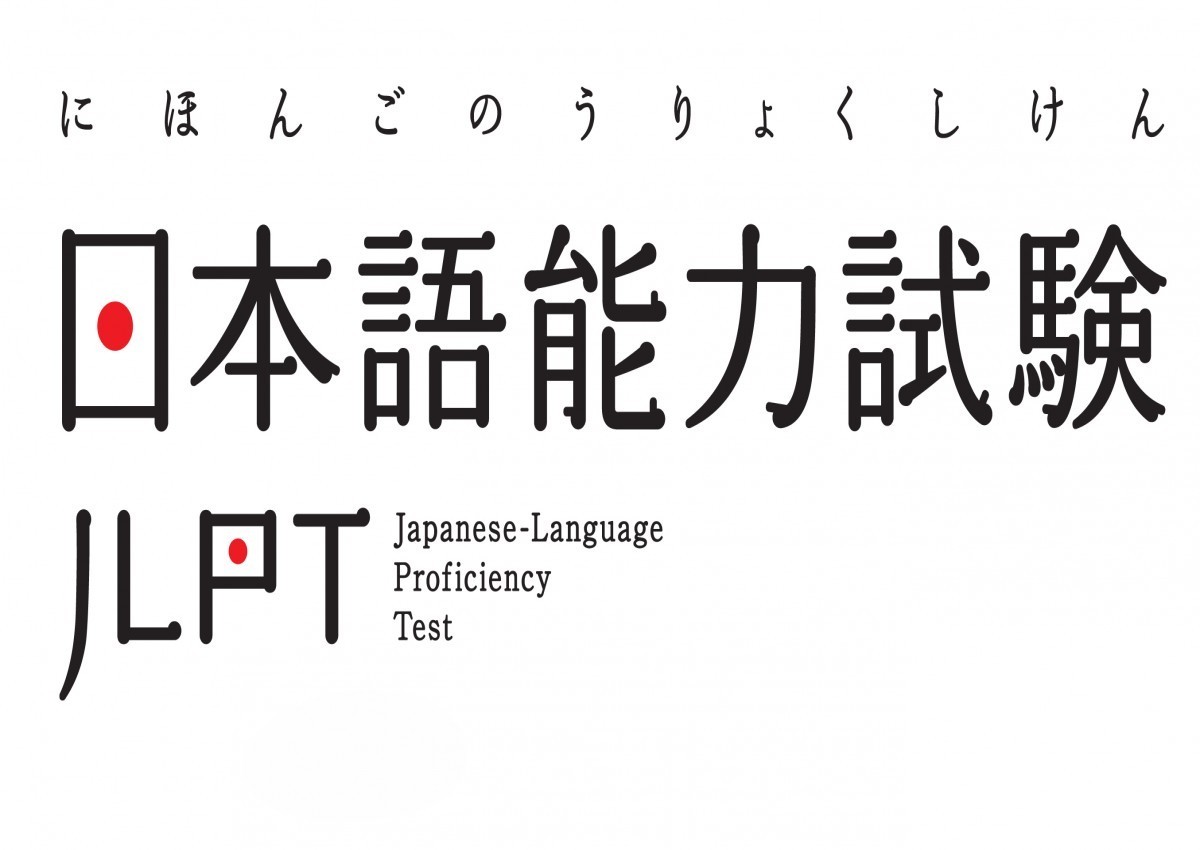13 Nov
JLPT Exam Prep: Effective Study Strategies for Success
The Japanese Language Proficiency Test (JLPT) is a widely recognized examination for assessing Japanese language proficiency. To succeed in the JLPT, it's important to have a well-structured study plan and effective study strategies. Here are some tips to help you prepare effectively:
1. **Understand the Test Format:**
- The JLPT is divided into five levels, with N5 being the easiest and N1 the most difficult. Understand the format of the test you're taking, as each level has different sections (kanji, vocabulary, grammar, reading, and listening).
2. **Set Clear Goals:**
- Define your goals and the level you want to achieve. Having specific, measurable objectives will help you stay focused and motivated throughout your study period.
3. **Consistent Study Schedule:**
- Create a realistic study schedule that fits into your daily routine. Consistency is key when learning a language. Even short, regular study sessions are more effective than occasional, long sessions.
4. **Use Official JLPT Materials:**
- Utilize official JLPT study materials and practice exams. The Japan Foundation and the Japan Educational Exchanges and Services (JEES) provide official practice tests. Familiarize yourself with the format and types of questions you'll encounter.
5. **Focus on Weak Areas:**
- Identify your weaknesses and allocate more time to those areas. For example, if you struggle with kanji, dedicate extra time to memorizing and practicing kanji characters.
6. **Practice Kanji Regularly:**
- Kanji is a significant component of the JLPT. Use flashcards, apps, or writing exercises to practice recognizing, reading, and writing kanji characters regularly.
7. **Build Vocabulary and Grammar Skills:**
- Expand your vocabulary and improve your grammar skills. Reading books, articles, and other materials in Japanese can help you acquire new words and reinforce grammar rules.
8. **Reading Comprehension Practice:**
- Practice reading Japanese texts to improve your reading comprehension skills. This could include newspaper articles, short stories, or JLPT-specific reading materials.
9. **Listening Practice:**
- Listening is a crucial part of the JLPT. Listen to Japanese podcasts, watch Japanese dramas or anime, and use official JLPT listening practice materials to enhance your listening skills.
10. **Simulate Test Conditions:**
- Take practice tests under timed conditions to simulate the actual test environment. This helps you get used to the time constraints and improves your ability to manage time effectively during the exam.
11. **Join Study Groups or Language Exchange:**
- Engage with others who are also preparing for the JLPT. Joining study groups or language exchange programs can provide motivation, different perspectives, and opportunities for collaborative learning.
12. **Stay Positive and Take Breaks:**
- Language learning is a gradual process. Stay positive, celebrate small victories, and take breaks when needed. Burnout can be counterproductive, so make sure to balance study with relaxation.
Remember that everyone's learning style is different, so adapt these strategies to suit your preferences and needs. Consistent effort and a well-rounded approach to all sections of the JLPT will contribute to your success. Good luck!










